Some people are lucky enough to have beautiful, smooth, youthful skin, while others are born without it. Combining that with an unhealthy lifestyle promotes hyperpigmentation, which has a significant impact on appearance and self-confidence. Fortunately, some vitamins can help those people fight this problem.
Hyperpigmentation
When the skin generates more melanin, the pigment that gives skin its color, hyperpigmentation begins to develop. This can cause spots or regions of skin to seem darker than the rest of the body.
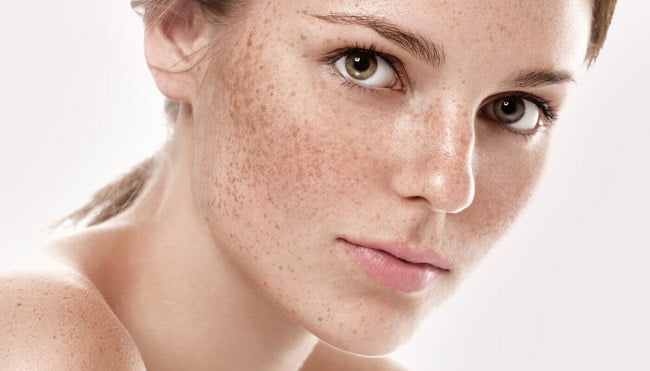
Hyperpigmentation can be used to describe red, brown, pink, or even purple spots, clusters, or streaks on the surface of the skin. The areas of skin affected by hyperpigmentation will appear darker than the rest of the skin.
Types of hyperpigmentation
- Sun damage hyperpigmentation (also known as sunspots): letting your skin be exposed to UV and blue light from the sun or other sources could cause your skin to have less control over melanin production. This could lead to an overproduction of melanin, creating distinct pigmented patches on the skin. Sunspots can be found on the face, hands, and can happen to all skin types.
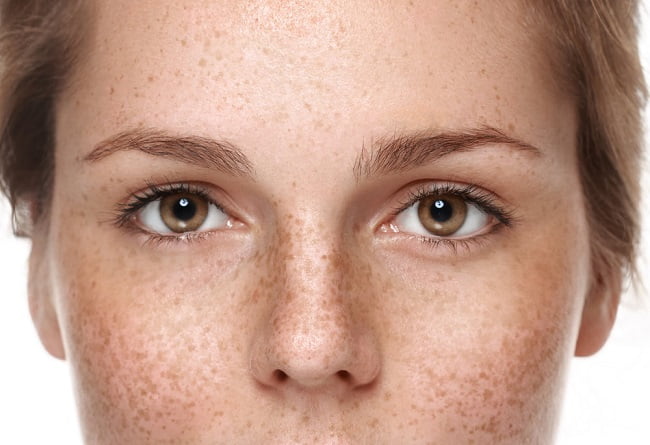
- Post-inflammatory hyperpigmentation (PIH): After people have experienced skin inflammation, their skin might darken in some areas. Acne, eczema, lupus, or skin injuries can be the cause of this. Post-inflammatory hyperpigmentation is more common in those with darker skin.
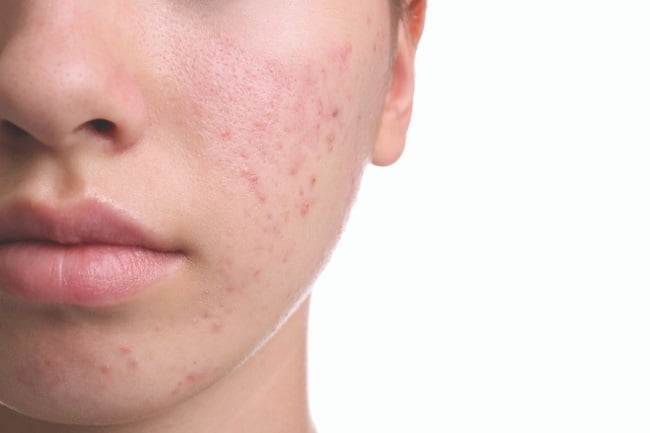
- Melasma: Darker patches of skin can form when people experience hormonal changes. This type of hyperpigmentation is often a result of internal body triggers, such as hormone changes like pregnancy and thyroid conditions. Melasma is often worsened by sun exposure in the summer and can improve in the winter.
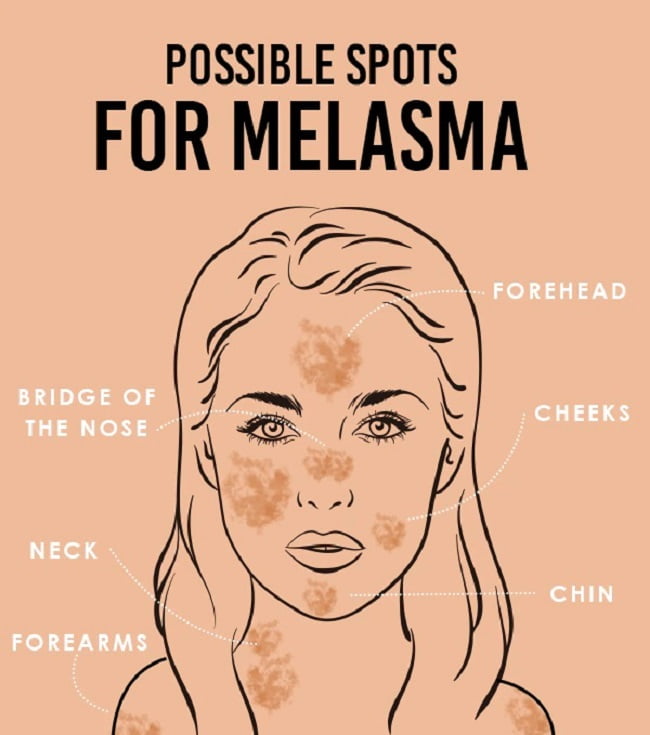
To avoid two of the hyperpigmentation, you could:
- Avoid exposure to the sun. Use sunscreen with an SPF of 30 or higher to protect the skin and stop hyperpigmentation from becoming darker.
- Avoid picking at the skin. To prevent hyperpigmentation from forming after an injury, avoid picking at spots, scabs, and acne.
Vitamin for hyperpigmentation
- Vitamin C
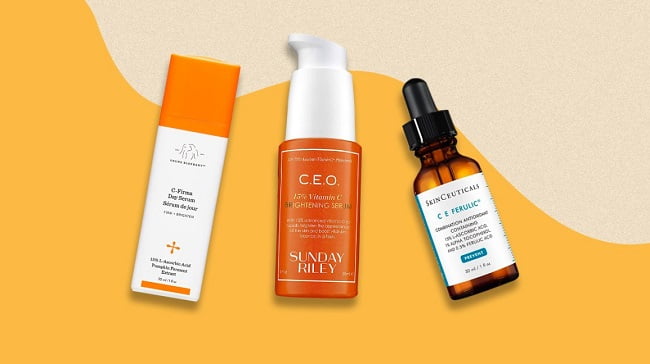
Vitamin C, which promotes collagen production, is a great post-inflammatory hyperpigmentation vitamin for sun-damaged skin. It also works by inhibiting an enzyme in pigment cells (melanocytes) called tyrosinase that is used to make melanin. Vitamin C is considered safe for all skin tones.
- Retinoids
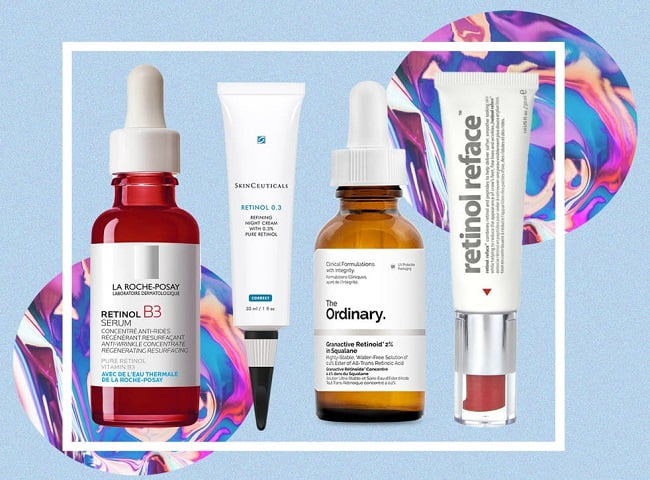
Retinoids (vitamin A) are known for their ability to promote skin turnover. It sheds the dark layer of the skin faster, returning the original skin color. Retinoids are also well known as a de-aging product, removing wrinkles, acne, and spots alike. For beginners, it is recommended to use retinol (a variant of retinoids), which is both pleasant and effective.
- Niacinamide
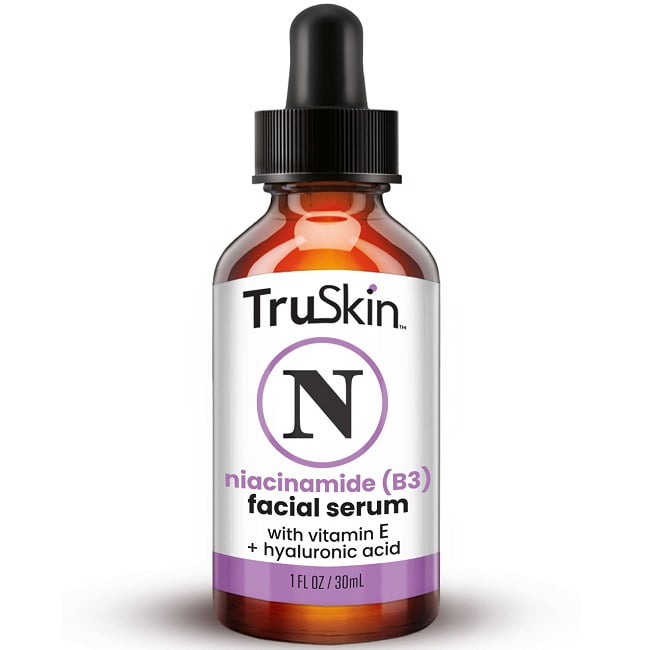
Niacinamide is an ingredient made from niacin (vitamin B-3). It’s commonly found in wrinkle creams and other anti-aging products because of its ability to aid in water retention. Research has shown that niacinamide can help fade hyperpigmentation on the skin. While the specific way in which this occurs is yet to be fully understood, adding niacinamide into your skincare routine can literally help lighten the skin over weeks.

